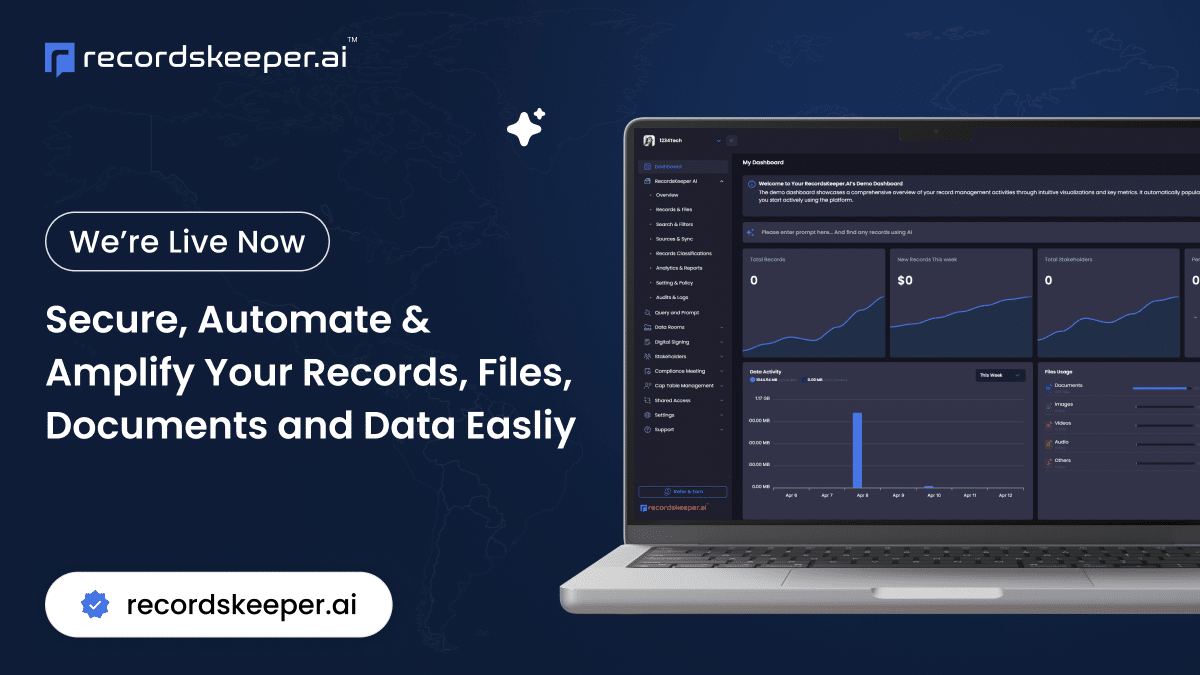Imagine walking into a hospital, hearing the familiar hum of activity, but something is different. The usual frenzied scribbling of notes, the mounds of files cluttering the nurses’ station, and the constant back-and-forth for patient records—all that is largely absent. Instead, there’s an air of calm precision. This transformation is thanks to AI-powered Electronic Health Records (EHR) systems. As an entrepreneur in the tech space, I recognized early on the potential for AI to change the way we manage information—not just in business, but crucially in healthcare.
Understanding the Dynamics of AI-powered EHR
Electronic Health Records are the bedrock of patient management systems globally. They offer a comprehensive history of patient interactions with healthcare systems. Yet, even with digital records replacing paper, challenges in accuracy, accessibility, and integration remain. This is where AI in EHR comes into play, revolutionizing the way electronic health records function, enhancing accuracy, reducing errors, and streamlining patient data management.
The Impact of AI on EHR Accuracy
Accuracy in medical records isn’t just a luxury—it’s a necessity. Errors in data can lead to misdiagnoses, improper treatments, or critical delays. AI-powered EHR systems help mitigate these risks through automated data entry and validation processes that significantly reduce human error. By using natural language processing, AI can translate physician dictation directly into text, significantly minimizing transcription errors traditionally associated with manual input.
Reducing Errors with AI EHR Systems
A key advantage here is in predictive algorithms. These systems can analyze vast amounts of historical data to identify potential errors before they occur, alerting medical professionals in real-time. Detecting anomalies in a patient’s chart or cross-referencing current charts with previous records allows AI systems to act as a second pair of eyes, thus ensuring the data’s reliability.
Streamlining and Optimizing Patient Data Management
Managing patient information is a huge administrative task. With AI, the entire lifecycle of a patient’s medical data can be automated—from collection and storage to retrieval and archiving. AI-powered EHR systems make the retrieval process as intuitive as asking a question. By utilizing advanced search algorithms, these systems allow medical personnel to access specific patient records effortlessly through simple natural language searches.
AI EHR: Facilitating Better Interoperability
Interoperability has always been a sticking point in healthcare IT. The lack of seamless communication between different medical software can slow down operations significantly. AI-enhanced systems bridge this gap, facilitating the integration of diverse platforms. Through machine learning algorithms, disparate data sets and formats can be harmonized into a unified language that different EHR systems can understand, vastly improving the flow of information across healthcare networks.
Achieving Enhanced Patient Engagement
Personalized healthcare is gaining traction, and AI EHR systems are pivotal in enabling this. They empower patients with easier access to their medical histories, fostering a sense of ownership over their health. This increased engagement leads to more informed patients who actively participate in their treatment plans, ultimately improving health outcomes.
Ensuring Compliance and Security
Security is paramount, and AI doesn’t fall short in this arena either. With blockchain integration, we can ensure the integrity and privacy of medical records. AI not only detects but predicts potential security breaches, thereby pre-emptively safeguarding sensitive data. Compliance with regulations like GDPR and HIPAA becomes automatised, with AI systems flagging potential compliance issues and ensuring all standards are met continuously.
My journey with RecordsKeeper.AI has shown me first-hand how technology can transform industries. The time is ripe for healthcare to harness AI Not just as an option, but as a fundamental driver of change. As we move forward, it’s essential to embrace AI-powered EHR systems for a more precise, error-free, and patient-centric healthcare experience.
I invite healthcare leaders and IT heads to consider how integrating AI EHR systems could redefine their operations. Stay connected with me for more insights on leveraging AI to drive efficiency across sectors. We are just scratching the surface of what’s possible.








